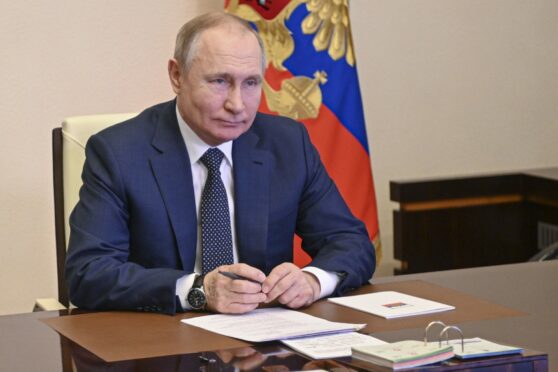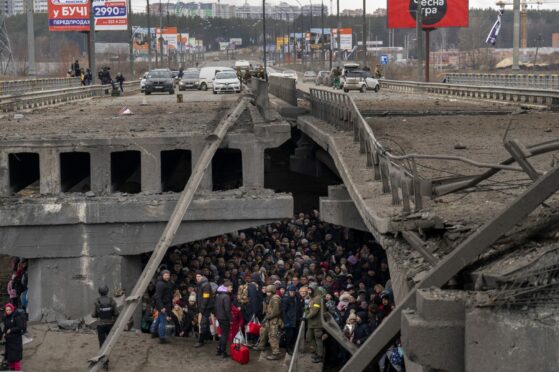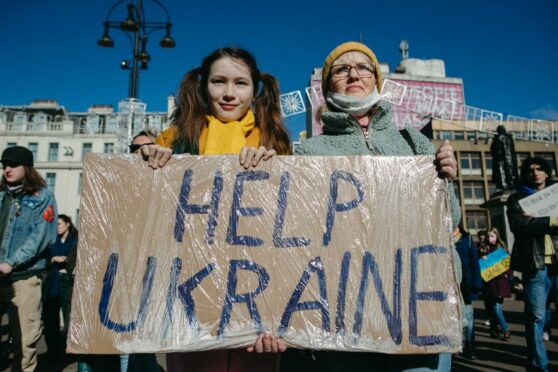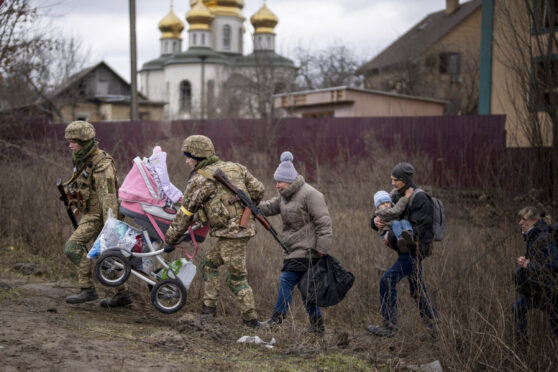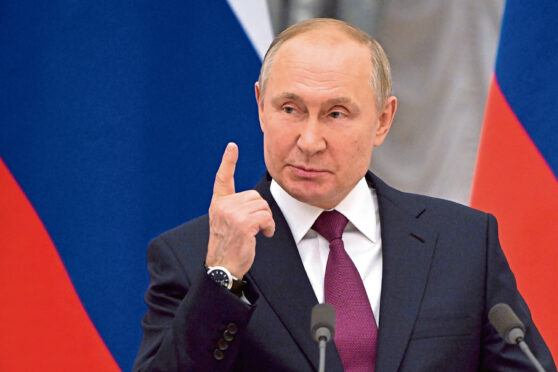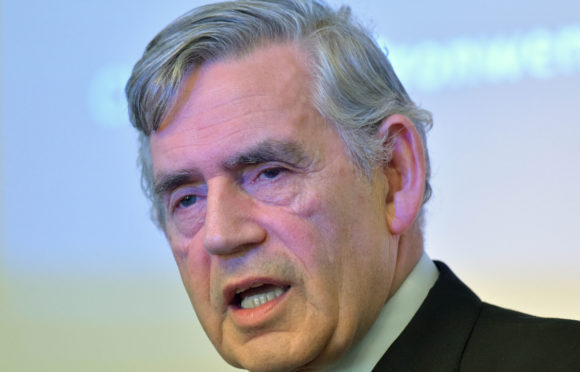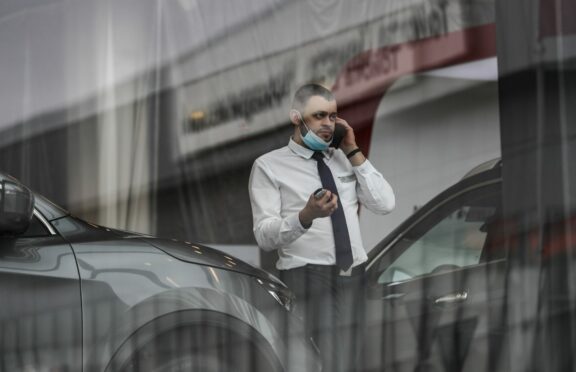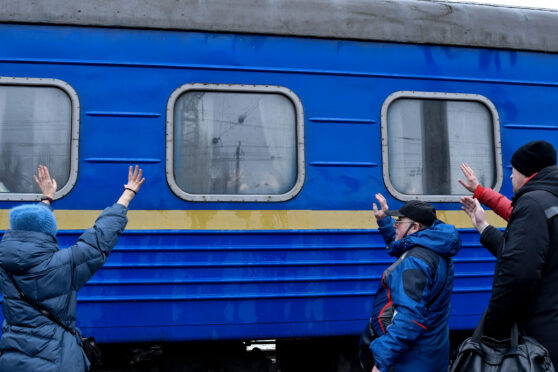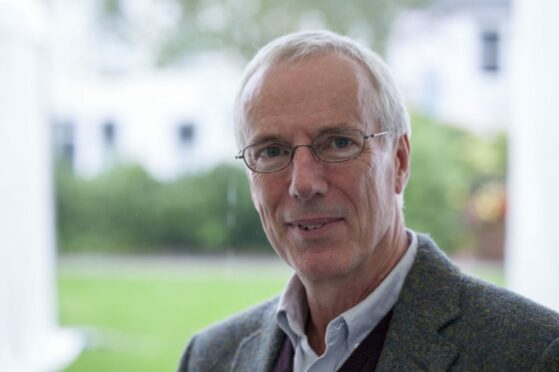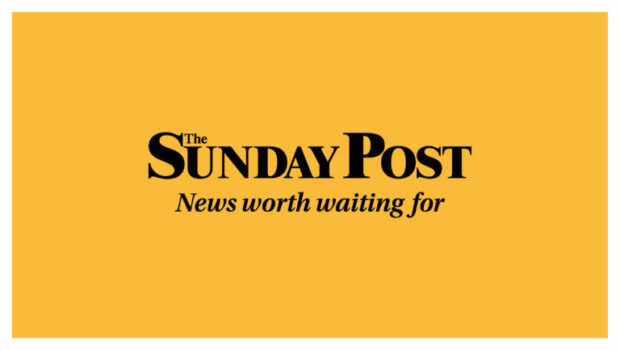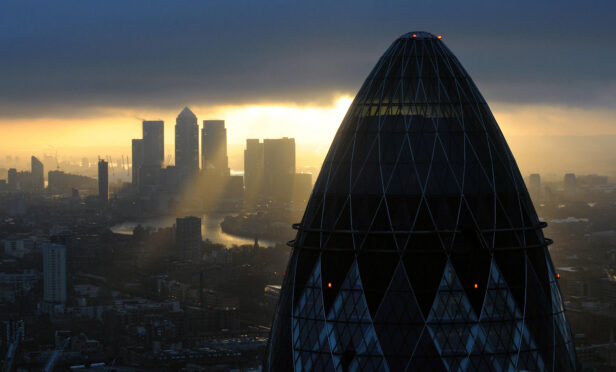
A promised crackdown on dirty Russian billions pouring through Scotland failed because the UK Government prioritised the financial markets in London, according to an expert analyst.
International finance expert Oliver Bullough said attempts to reform the use of Scottish Limited Partnerships (SLPs) had not been successful.
SLPs had been used to move at least £66 billion from Russia over a four-year period, according to a government review in 2018. The partnerships can be controlled by two offshore companies in secret jurisdictions. They can remain separate legal entities and do not have to file accounts, which makes them hard to locate and popular with crime gangs.
Efforts to maintain the competitiveness of the City of London had prevented a proper reform of these business models, said Bullough, the author of Moneyland, a book about how the British financial system has sheltered ill-gotten Russian wealth over decadess, Scotland followed suit with the rest of the UK and introduced a beneficial ownership registry to show who was profiting from the companies, but attempts to clean up the Scottish financial system will take time, anti-corruption campaigners Transparency International warned.
“If the failed campaign against SLPs showed anything it’s that our government prioritises the fees of the City over the cleanliness of the money that earns those fees,” said Bullough.
Tom Keatinge, director of the Centre for Financial Crime and Security Studies, said the UK Government had been “embarrassed” by the US and European Union, who sanctioned Russian oligarchs while Britain promised a crackdown but had failed to deliver.
“The Johnson government said they had sanctioned 100 individuals but so far we have only seen about 10. Where are the other 90?” he said.
Ironically, Ukraine has blacklisted hundreds of UK companies, with more than a third registered in Scotland, according to an investigation by openDemocracy. Ukraine introduced a blacklist of companies suspected of shady financial activity, 700 of which were registered in the UK, with 230 registered in Scotland.
In 2017, The Post told how businesses in Scotland have been used to launder up to £27bn in dirty money belonging to organised crime gangs in the former Soviet Union. Some 4,500 financial transactions were questioned as Scots-registered companies were linked to fraud connected with Russia and Azerbaijan, according to research by Washington-based investigators.
Britain sanctioned Russian billionaire Alisher Usmanov and former Kremlin deputy prime minister Igor Shuvalov, who has a £11.4m London flat. Roman Abramovich, the owner of Chelsea FC, has put the club up for sale amid claims he is trying to offload assets.
Foreign Secretary Liz Truss said lawyers are working on sanctioning oligarchs close to the Russian president amid claims from Labour the government was dragging its heels.

Enjoy the convenience of having The Sunday Post delivered as a digital ePaper straight to your smartphone, tablet or computer.
Subscribe for only £5.49 a month and enjoy all the benefits of the printed paper as a digital replica.
Subscribe